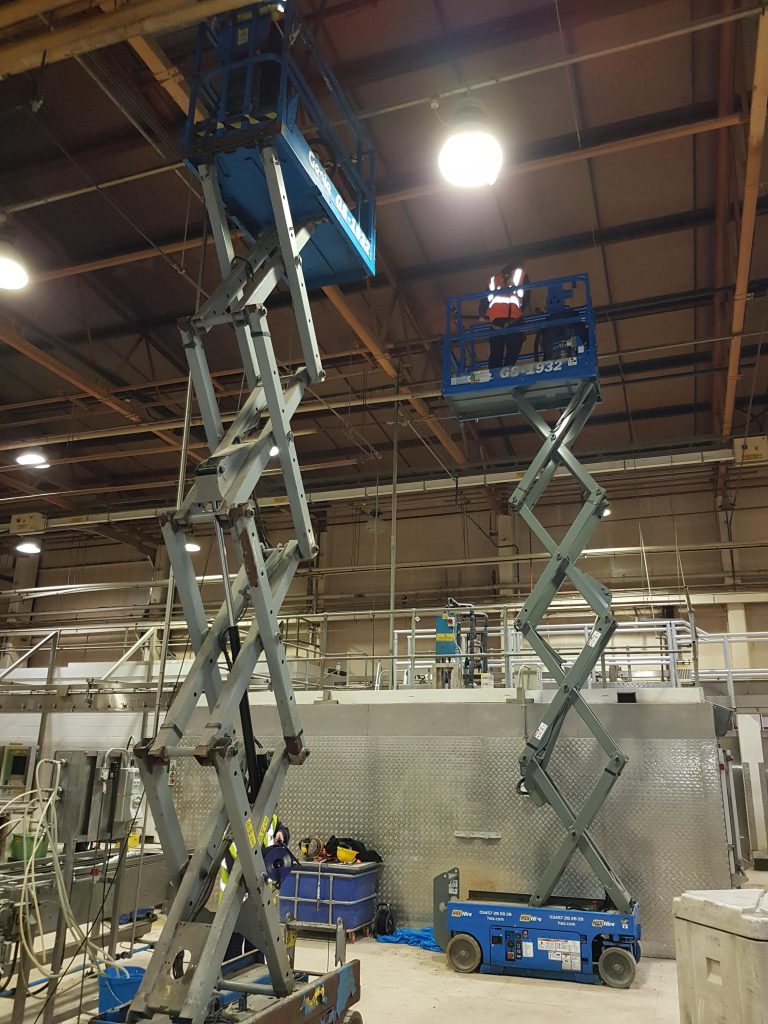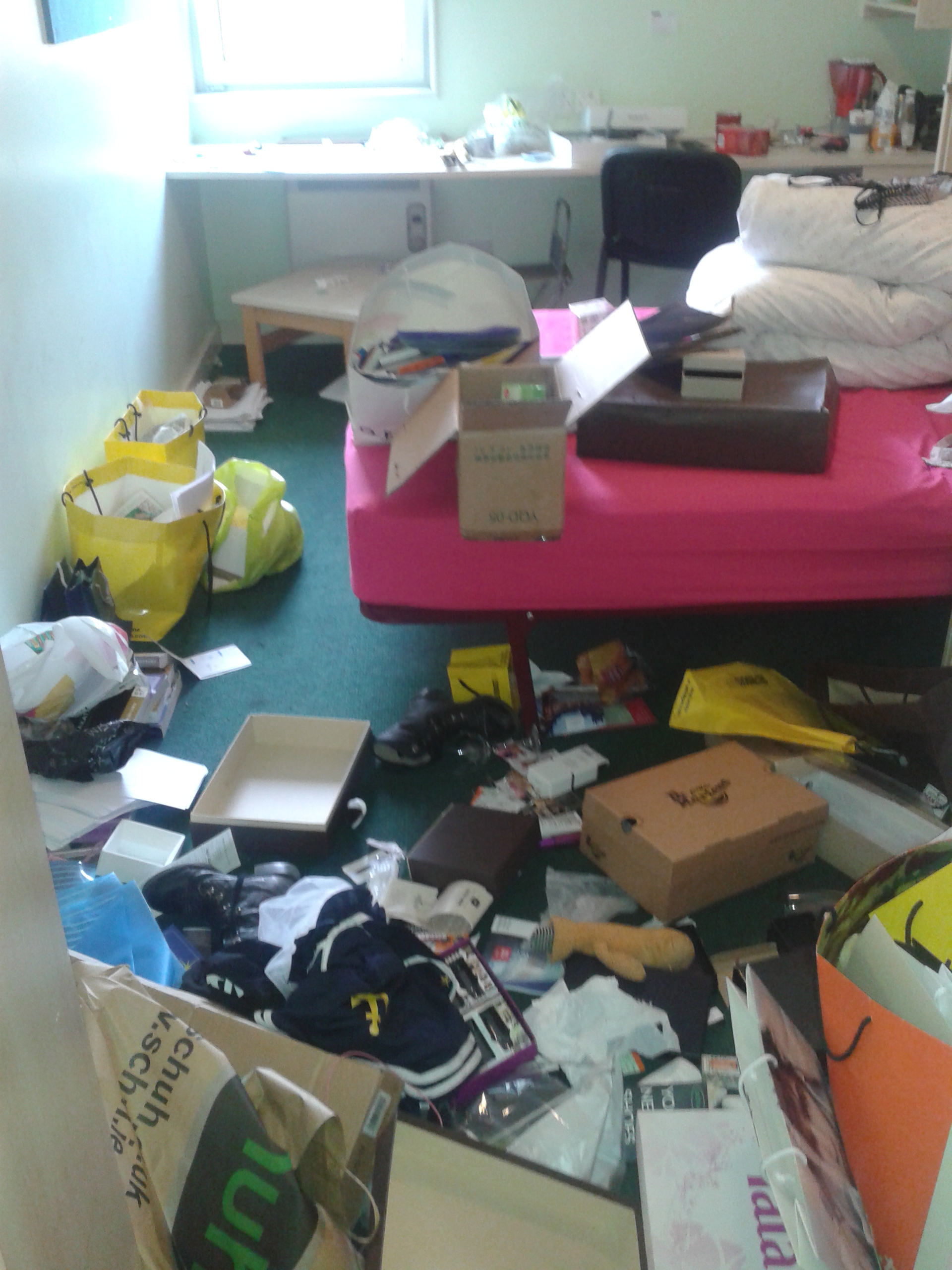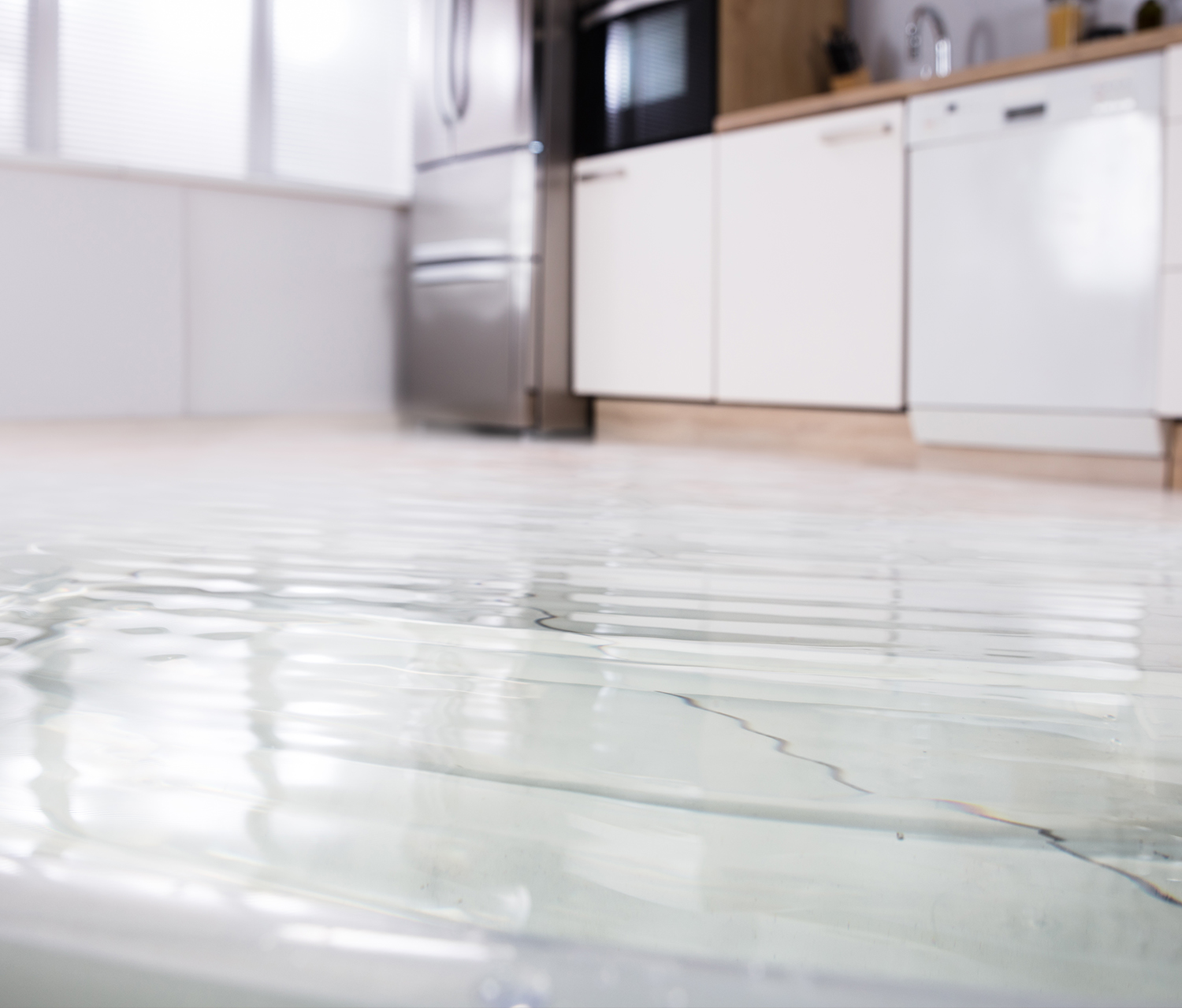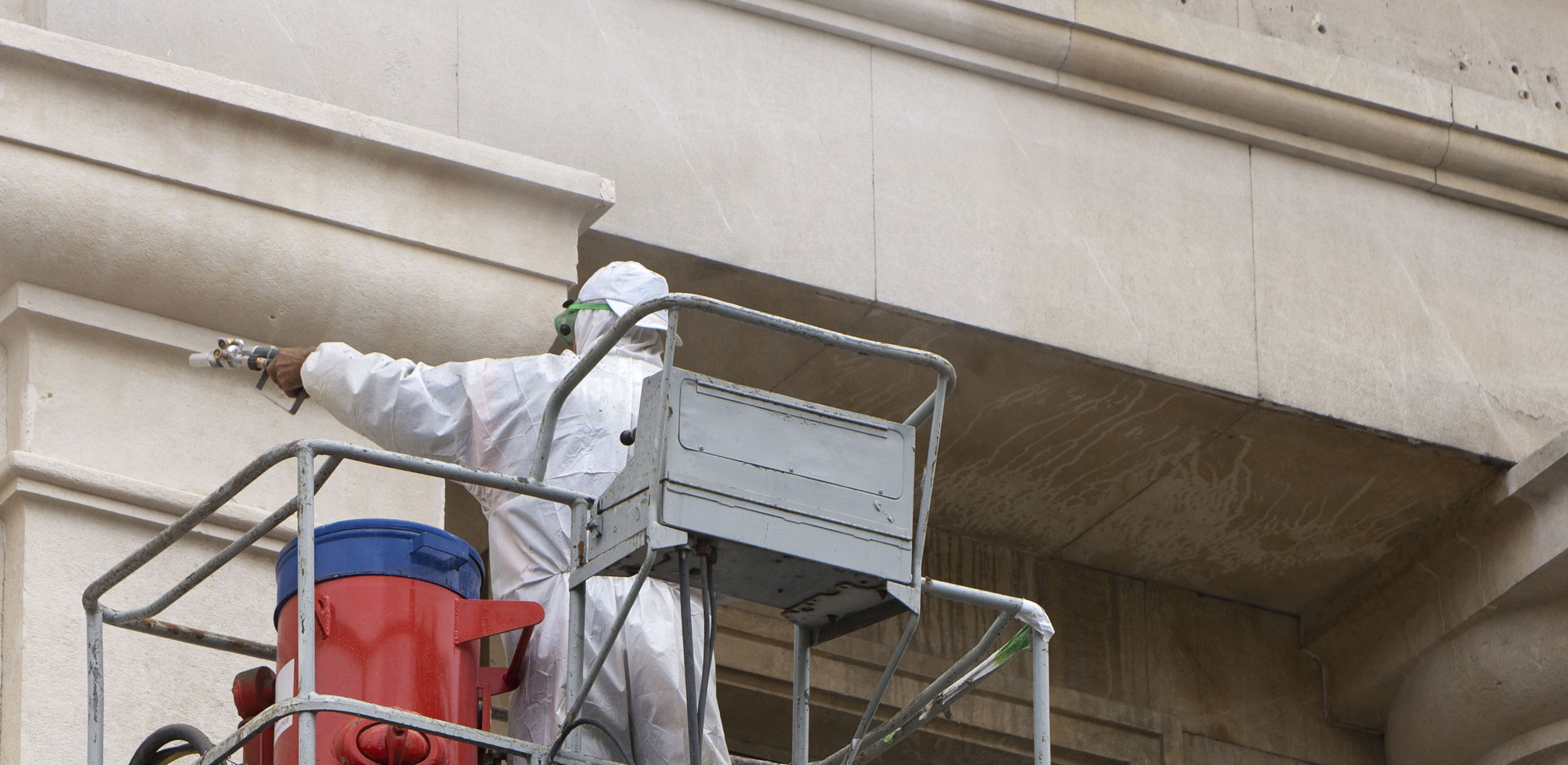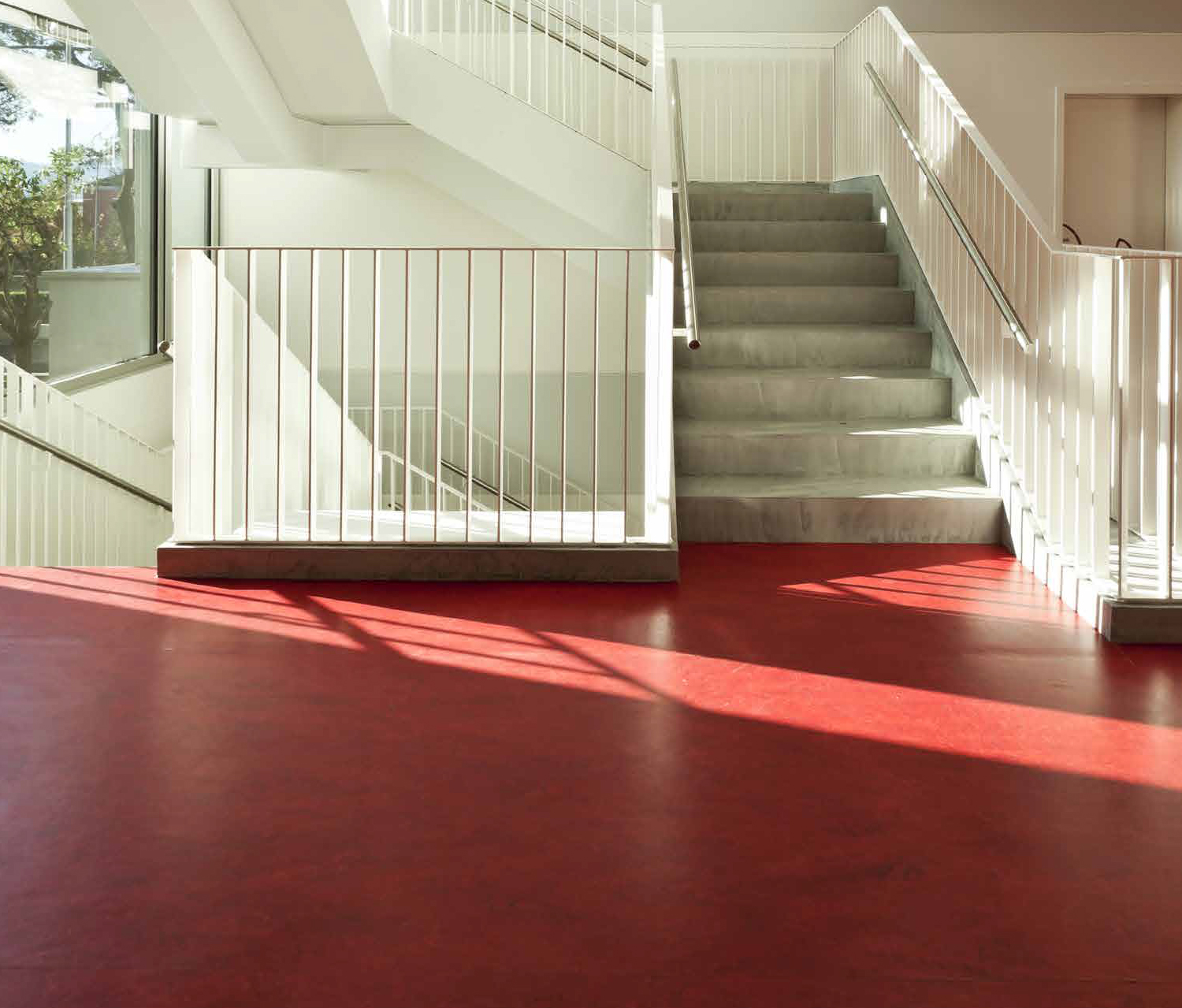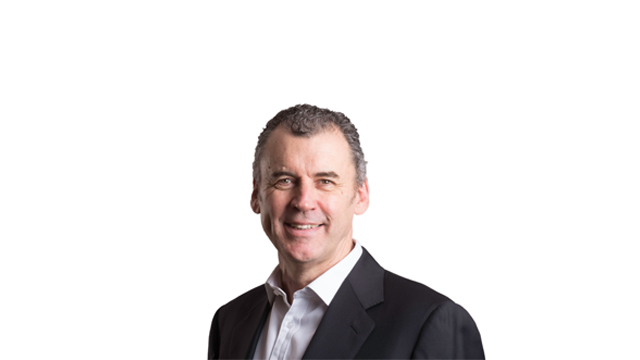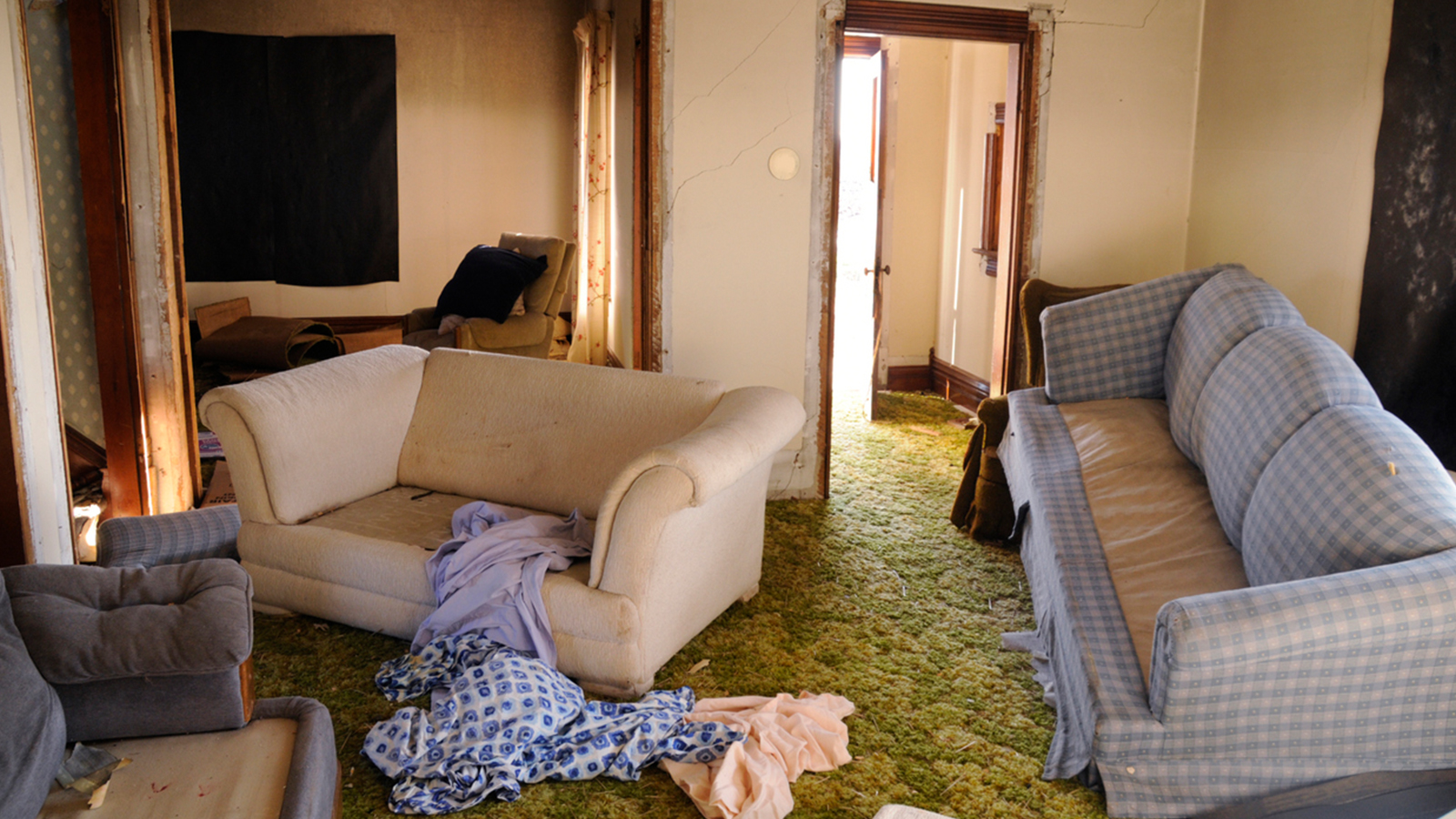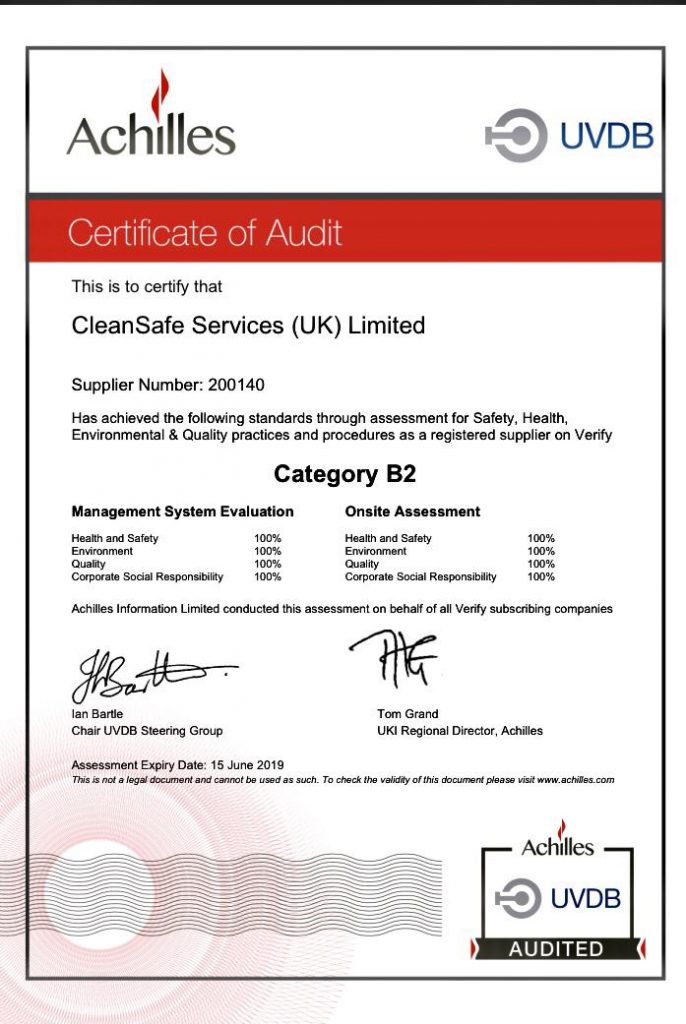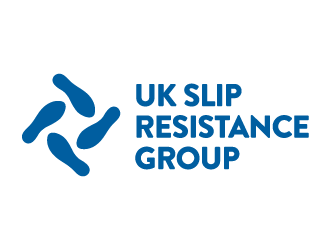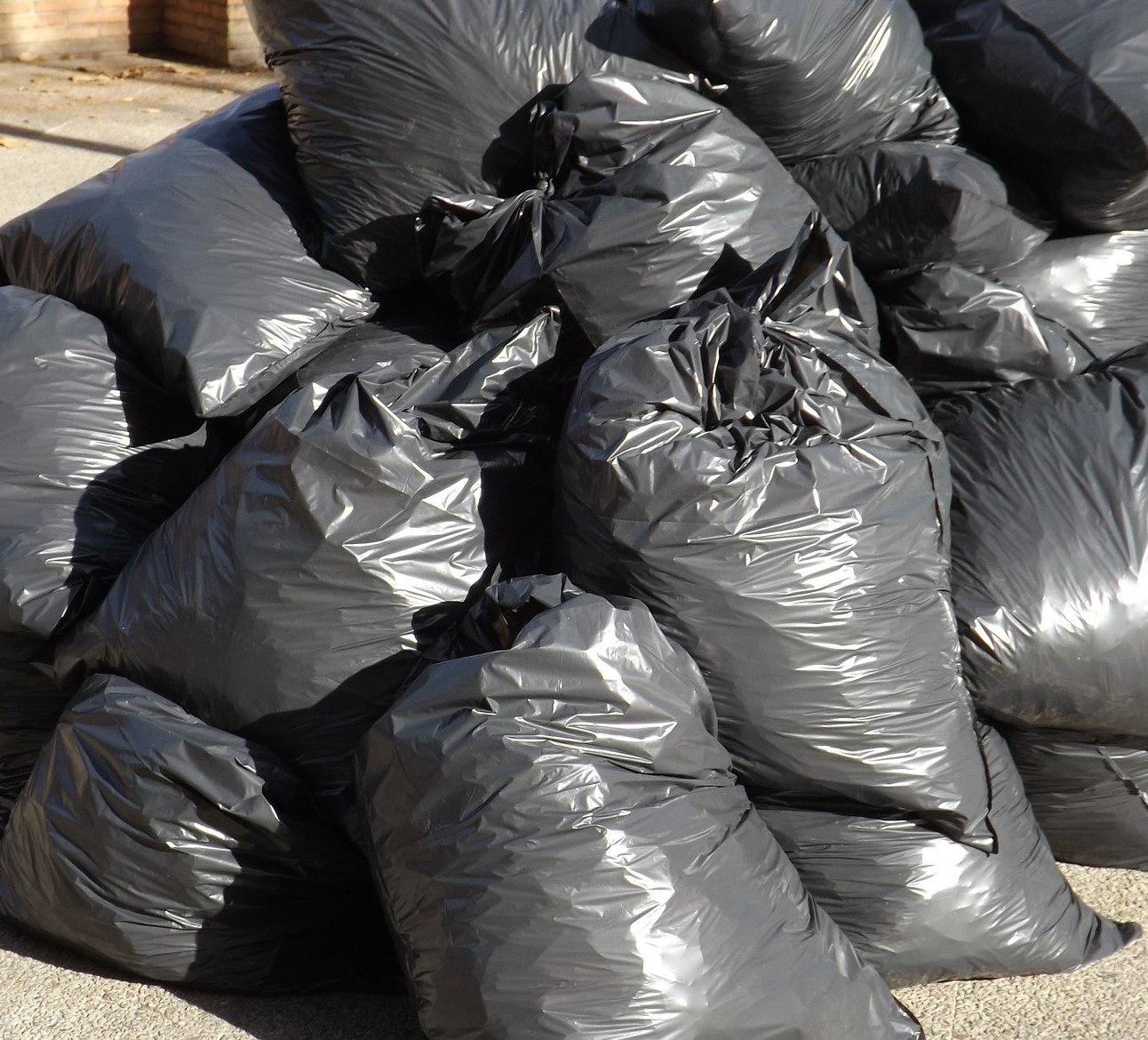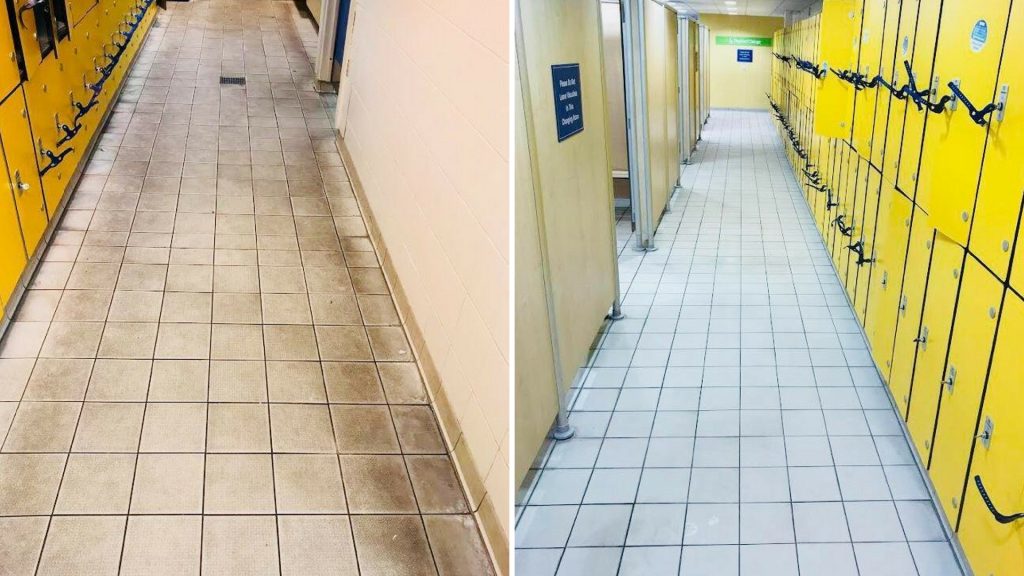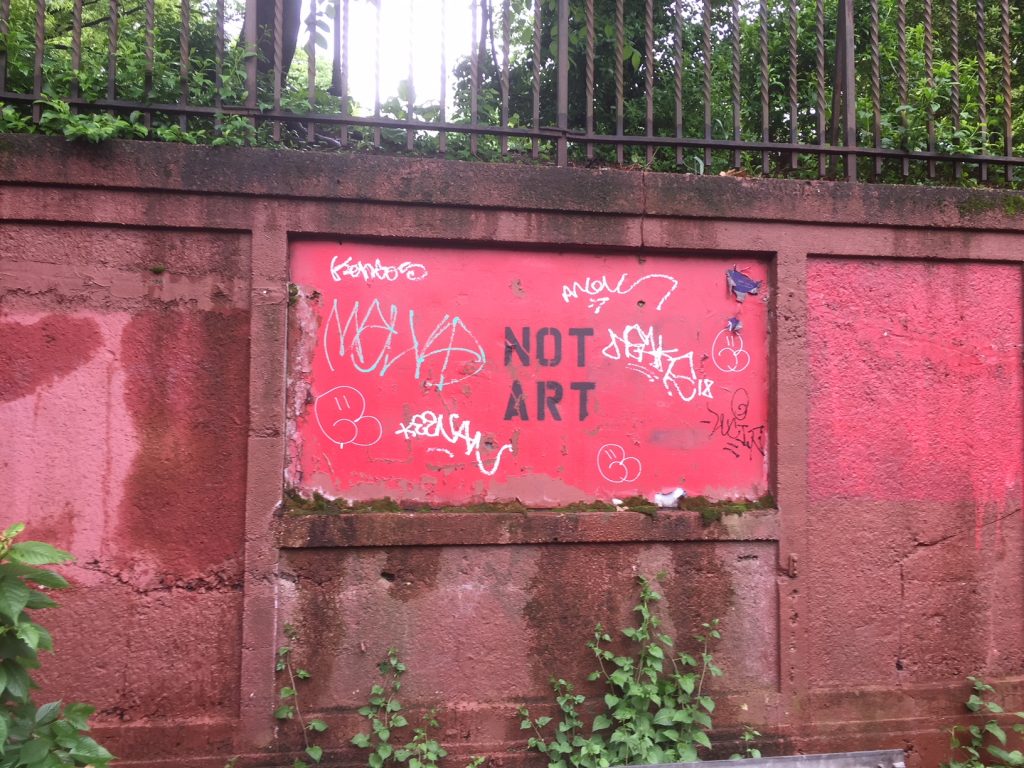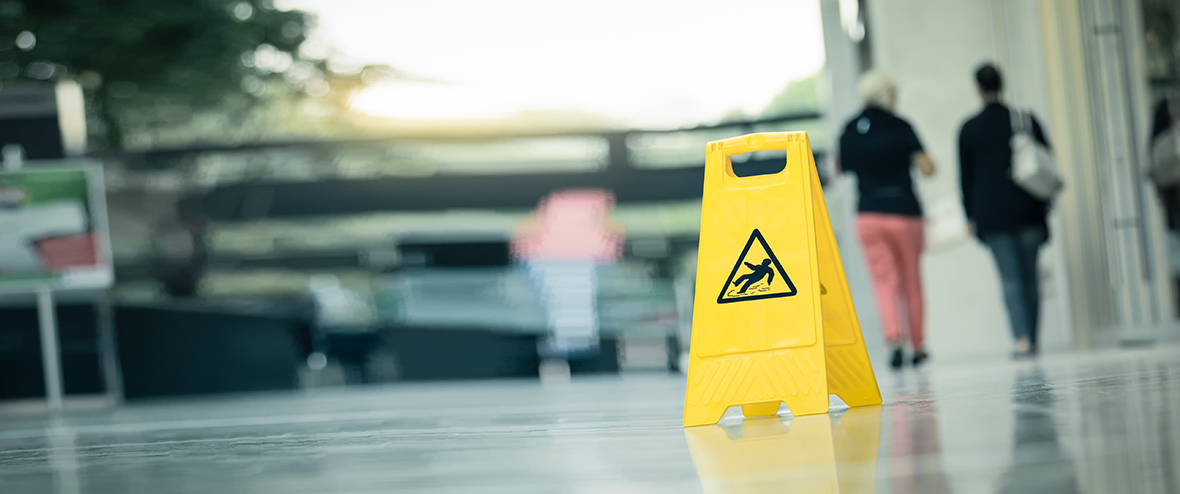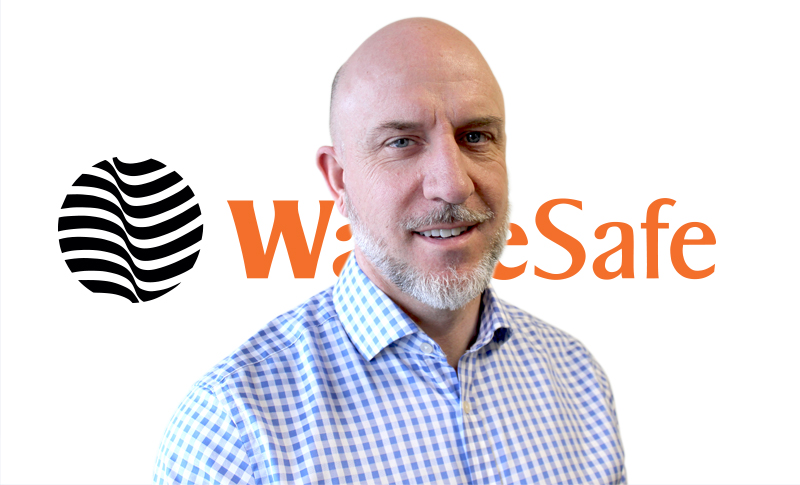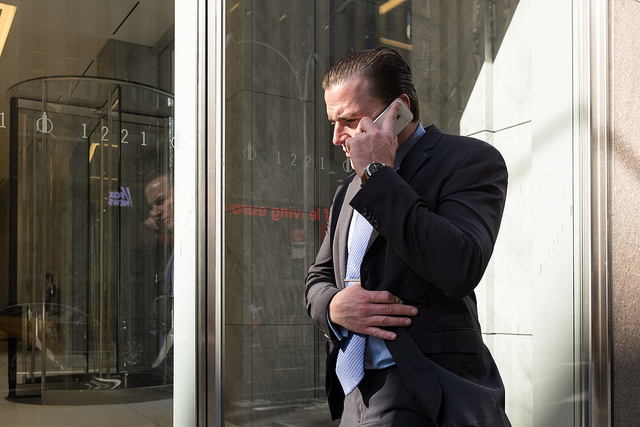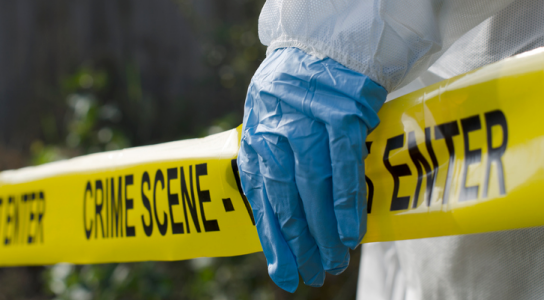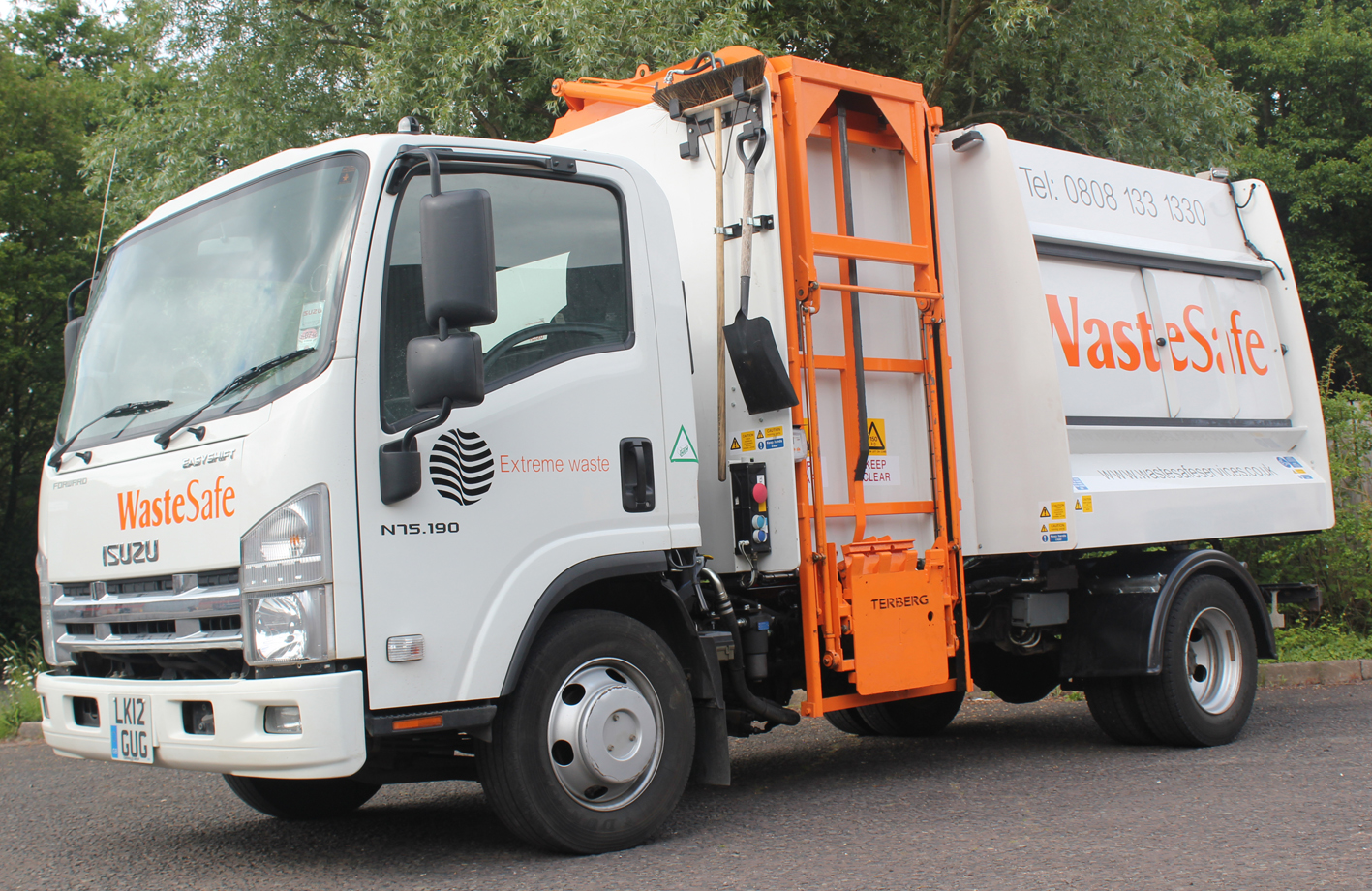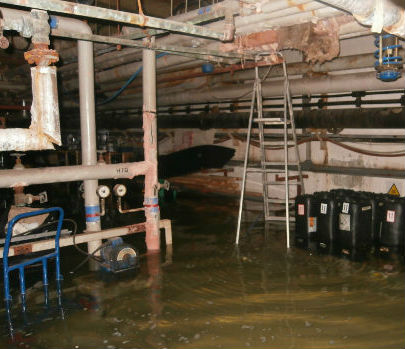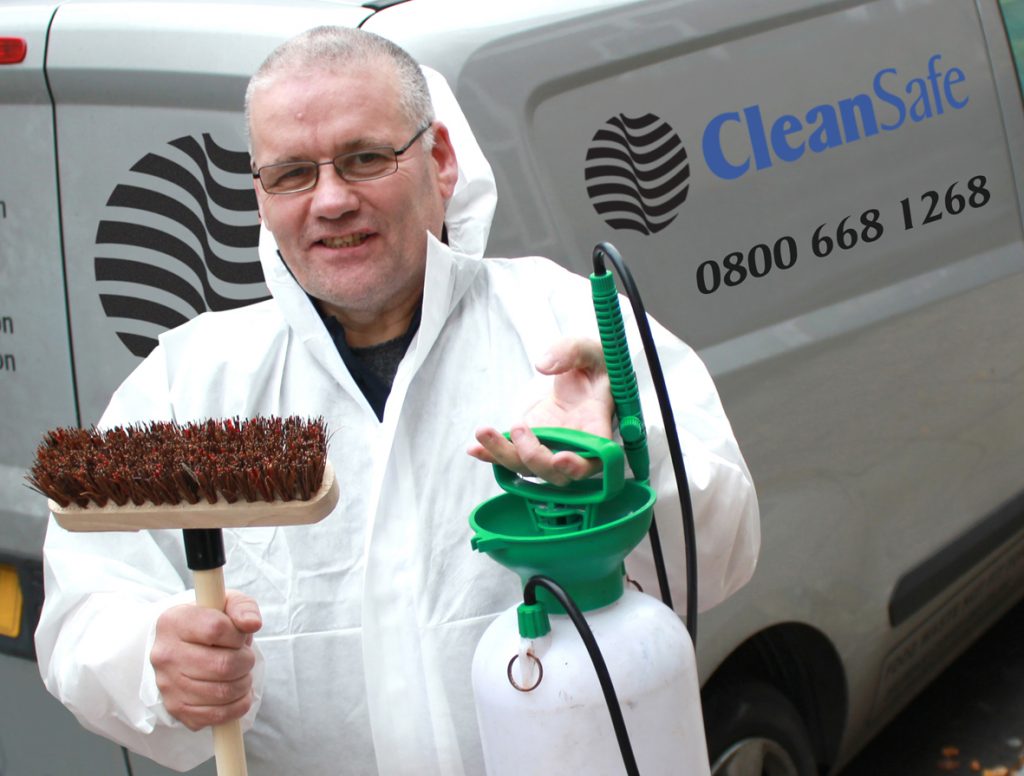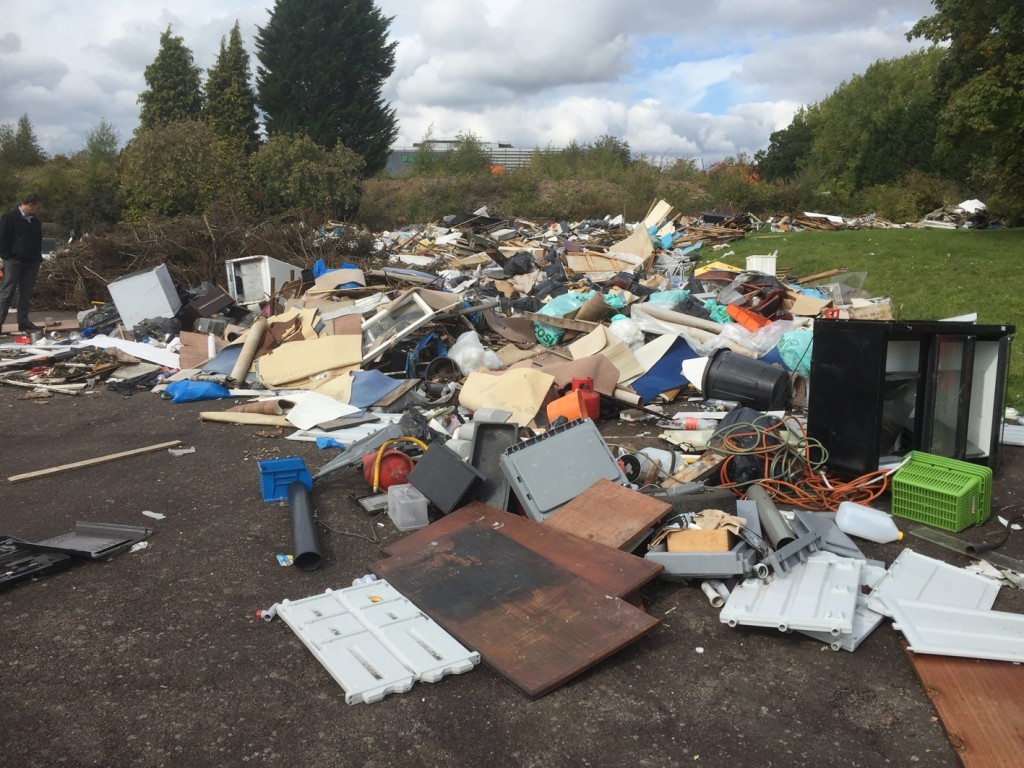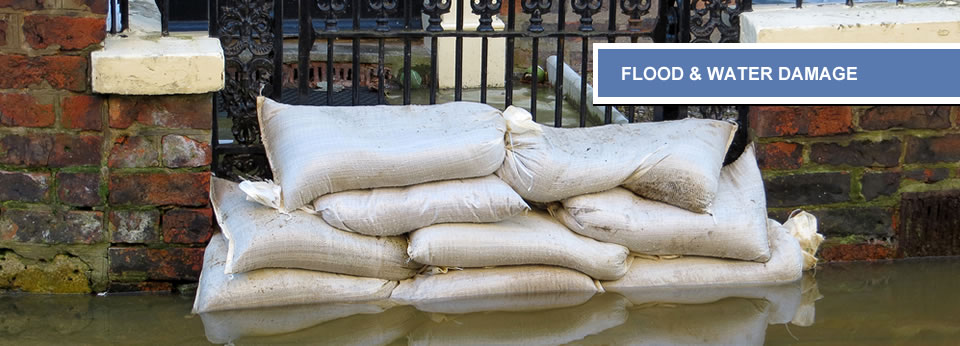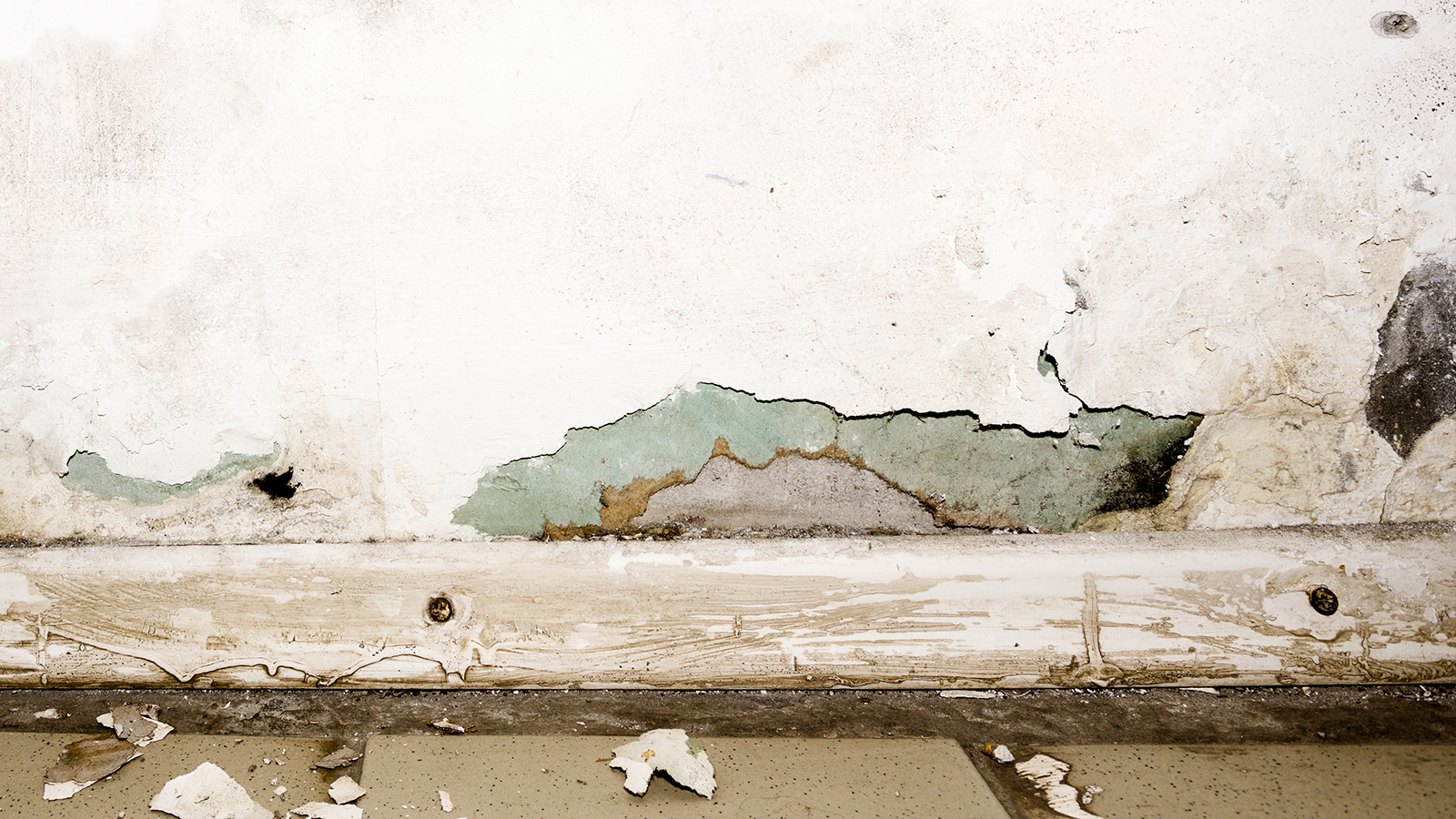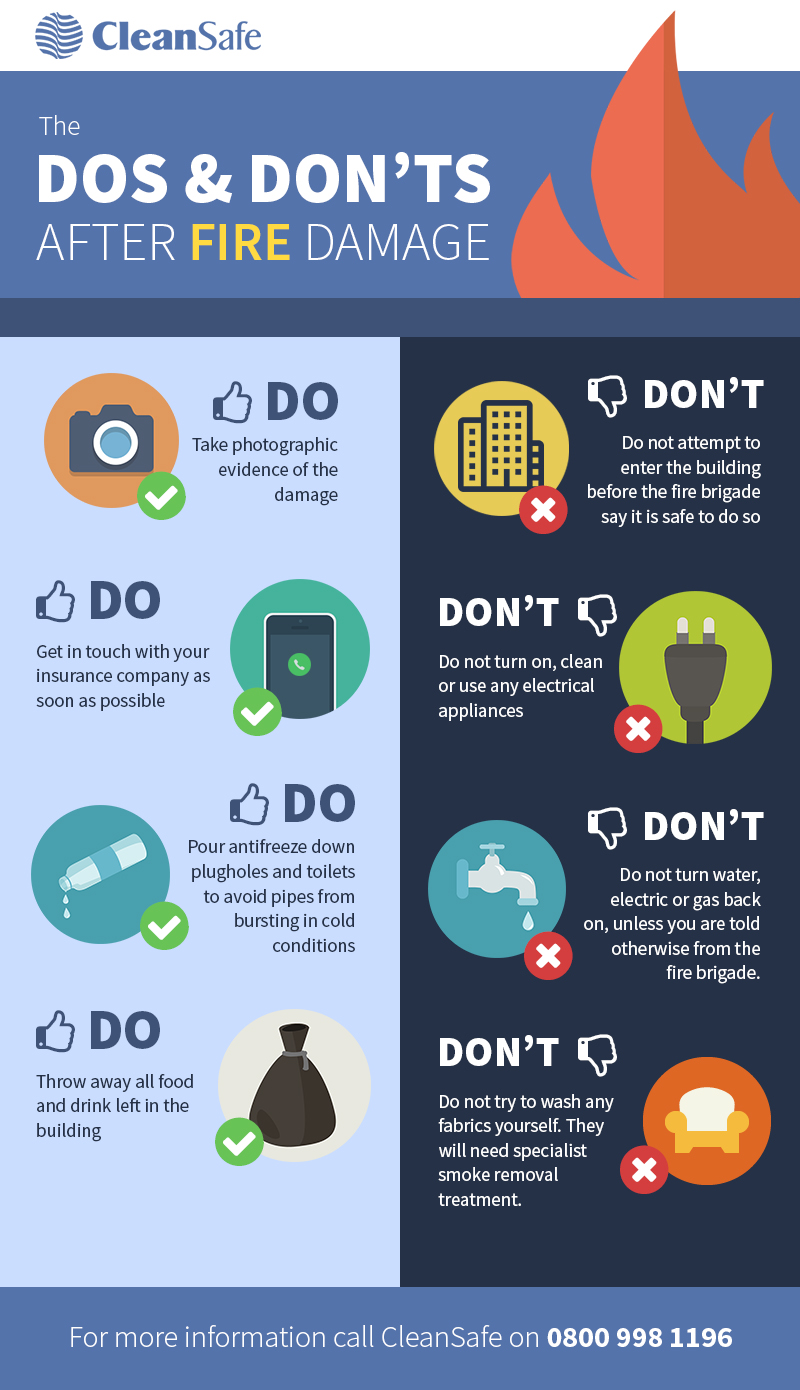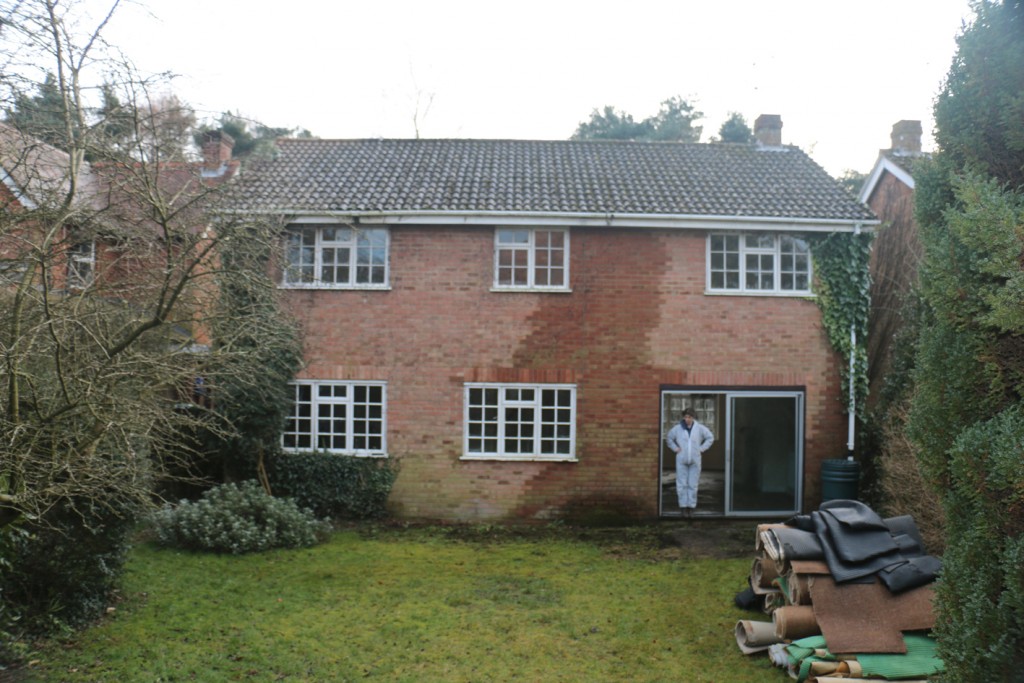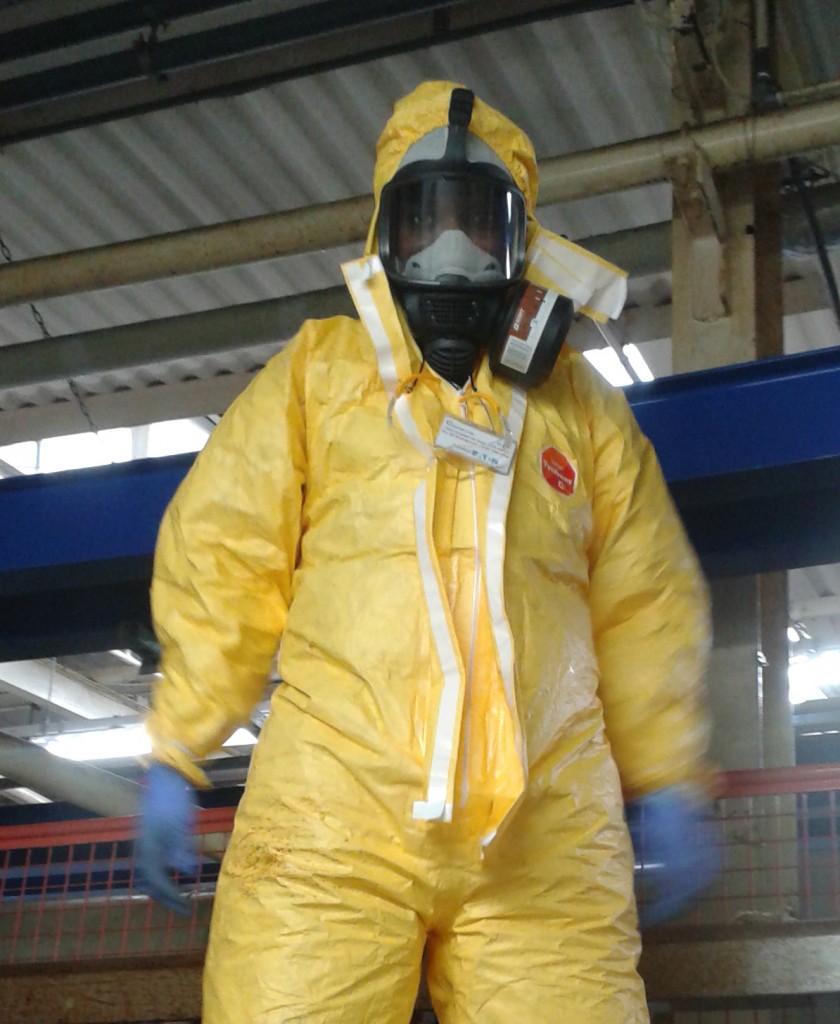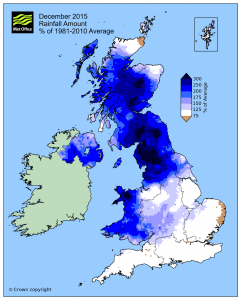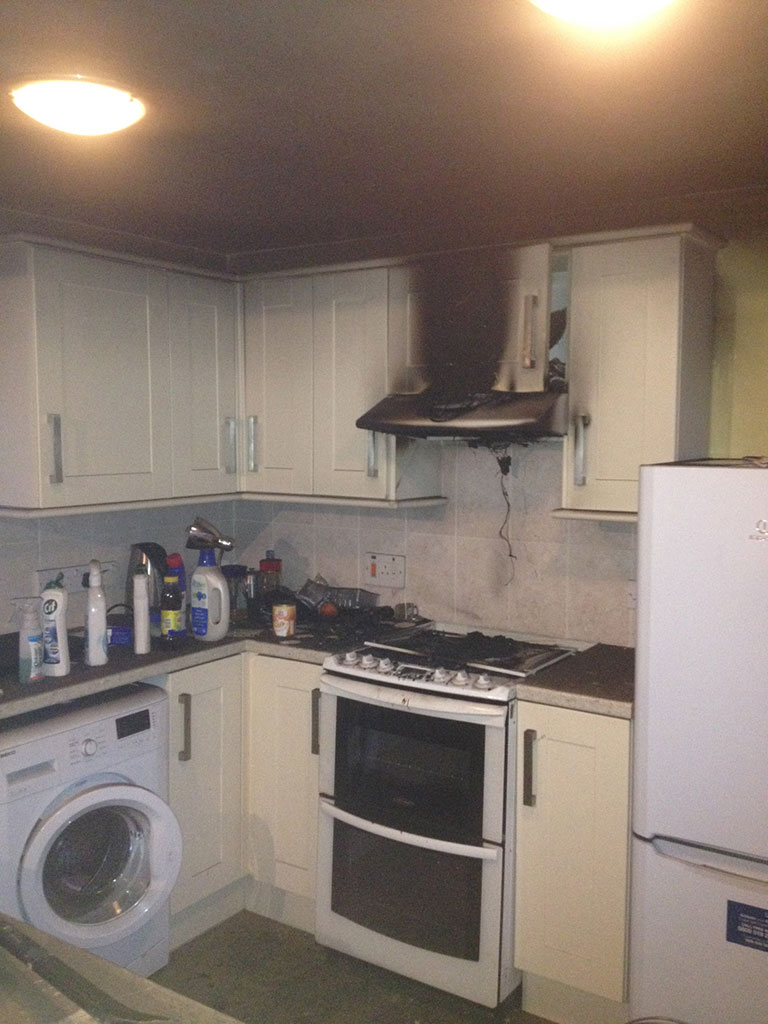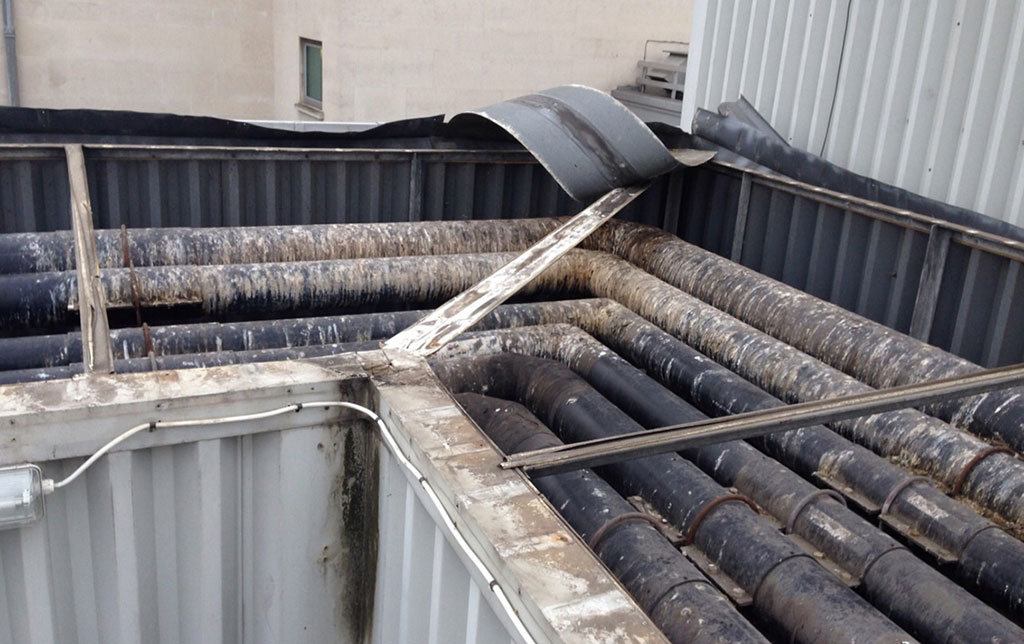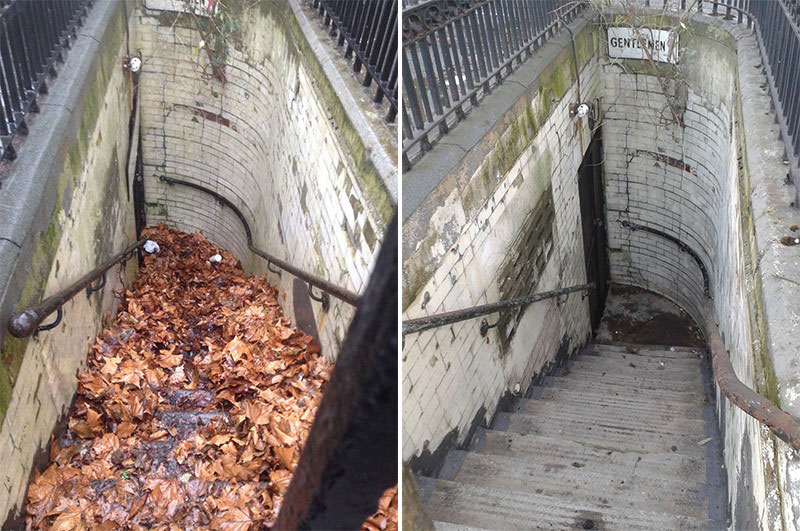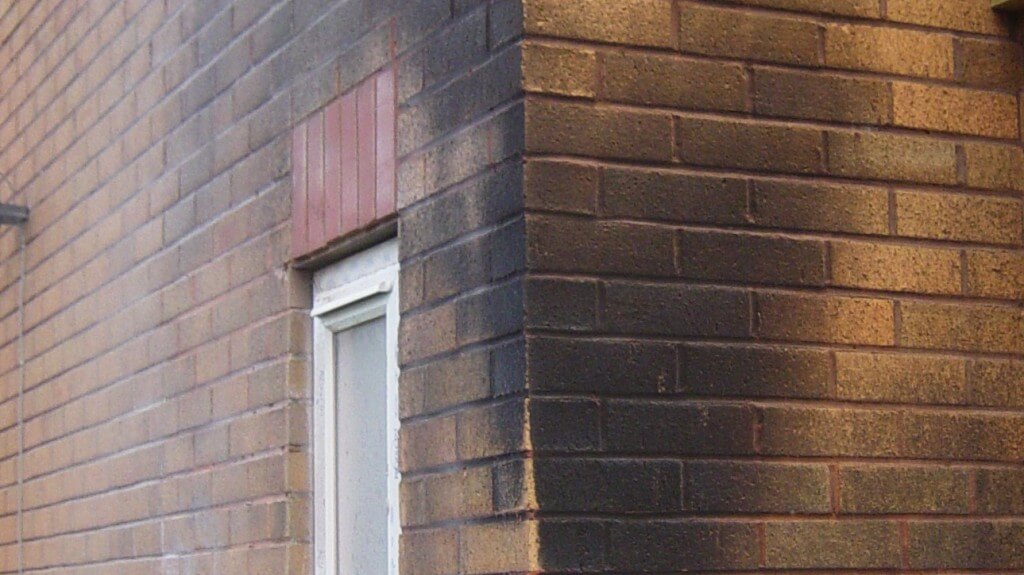Deep cleaning of a secure mental health unit by CleanSafe Services has restored the healthcare facility to the highest standard of cleanliness and hygiene.
A team of up to five specially-trained healthcare deep cleaning operatives carried out the meticulous work over three weeks.
Managers at the secure mental health unit called in CleanSafe for specialist deep cleaning support because they realised the cleanliness and hygiene standards had slipped below a level required by their regulatory body.
It was important that the unit was cleaned thoroughly from top to bottom, setting a standard that the in-house facilities team could then be expected to maintain.
CleanSafe Services Business Development Manager Elaine Curran said it was important to be aware of the specialist skills needed for effective deep cleaning: “Healthcare units like this are high risk environments.
“Acute hospitals are commonly associated with deep cleaning regimes because of the risk of infection and cross-contamination. This secure mental health unit was caring for people with severe learning difficulties.
“The residents are less than capable than most others when it came to personal hygiene. Therefore, there is still a need to establish high cleaning standards, and to be aware that deep cleaning at regular intervals will probably be needed to ensure they are maintained.”
The teams deep cleaned all areas that residents and visitors had access to in the secure mental health unit. These included the ‘airlock’ entrance, the reception area, day rooms, bedrooms and TV lounges.
All bathrooms, including the ensuite bathrooms in each bedroom, were also deep cleaned. The work involved cleaning and sanitising walls, floors, tables, chairs, cupboards, bedframes and furniture.
Elaine Curran said: “We often come across design glitches that we find problematic. For example, some light-coloured flooring might look nice when first fitted. But it can quickly begin to look grubby, no matter how clean it is.”
CleanSafe Services trained and qualified staff are experienced at deep cleaning healthcare environments. This means they are sensitive to the needs of staff, and have the ‘emotional intelligence’ to work in live environments close to vulnerable people, whether they are patients or residents.
The company’s managers are also experienced at working with a range of stakeholders, including facilities management companies, clinicians and regulatory bodies.
They can provide any paperwork and reports needed to show the deep cleaning work has been done to a high standard. A programme of regular deep cleaning can be established to meet the specific needs of any healthcare unit.


